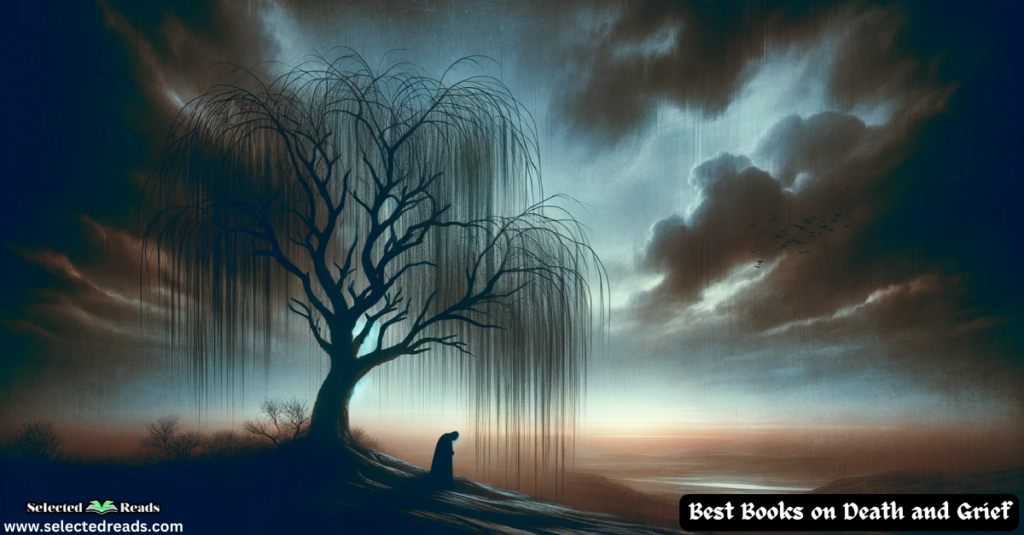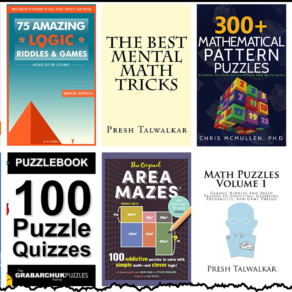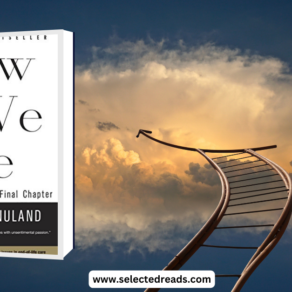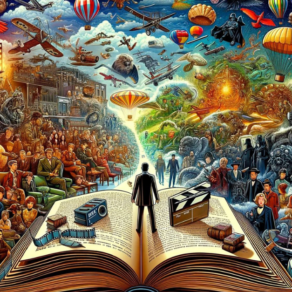In today’s post, I will touch on a deeply sensitive topic, one that touches us all yet remains shrouded in quiet, and sometimes, discomfort: death and grief. Through the following curated selection of profound books, we will venture into the complex moral and ethical crossroads encountered in the world of medicine, where the instinct to preserve life can sometimes paradoxically prolong the agony of those who are gravely ill.
These insightful narratives shed light on the intimate stories of individuals who have experienced the somewhat mechanical and inhumane facet of high-tech medicine, where the peaceful farewell to life amidst loved ones is often replaced by cold, sterile hospital surroundings.
Many of the heart-rending stories within these pages will resonate with my personal journey. As I pen these lines, I am the principal caregiver for my mother, who has been in a coma for almost four years due to a cerebral injury. The grueling ordeal of seeing a loved one – once vibrant, the fulcrum of our family life – reduced to a fragile state is a devastating reality that I navigate daily.
The word “suffering” has taken on a stark, tangible meaning for me, profoundly changing my perspective. Despite the grim clinical prognosis, a sliver of hope persists in me, kindled by the desire for a proper farewell, a miracle perhaps. I yearn to gather the strength to pen a tribute to her journey, adding our story to the ones already etched in the annals of grief and loss.
Related: 23 of The Best Near Death Experience Books
My favourite Books on Death and Grief
The collection below features some outstanding books on death and grief. Each one offers a different perspective, a unique lesson, and a shared sense of understanding. I recommend these not just to those traversing the path of loss and sadness but to anyone seeking to comprehend the intricate dance of life and death.
1. Knocking on Heaven’s Door: The Path to a Better Way of Death, by Katy Butler
In this gripping memoir, author Katy Butler recounts her parents’ struggle to overcome the forces in the medical establishment that deny them the right to a ‘good death’. Her father had a crippling stroke at the age of seventy nine which severely impacted his mobility and speech. Doctors placed a pacemaker to help his heart but life became miserable as dementia took hold of him leading him to question the whole purpose of life.
The daughter and mother fought a moral struggle as doctors refused to disable the pacemaker thus prolonging his suffering and their. Only when Butler started making sense of the whole ordeal that her mother became fatally sick and instead of taking the recommended heart surgery she refused and welcomingly embraced her death.
As she recounts her parent’s trauma and that of many other people she included in the book, Butler highlights “what happens when our terror of death collides with the technological imperatives of medicine. Her provocative thesis is that modern medicine, in its pursuit of maximum longevity, often creates more suffering than it prevents.”
2. The Art of Dying Well, Katy Butler
In this book, Butler elaborates on the theme she discussed in Knocking on Heaven’s Door. She further explained how high technology medicine is prolonging the suffering of the fatally ill and how it condemns them to ‘agonizing deaths’. I have already written a post about this book which you can read in Review of the Art of Dying Well.
3. Being Mortal, by Dr. Atul Gawande
In Being Mortal, Dr Atul Gawande tackles head-on the issue of modern medicine and how its goals for saving lives at all costs can sometimes turn people’s end of life experiences into harrowing nightmares. “Gawande offers examples of freer, more socially fulfilling models for assisting the infirm and dependent elderly, and he explores the varieties of hospice care to demonstrate that a person’s last weeks or months may be rich and dignified.”
4. The Conversation: A Revolutionary Plan for End-of-Life Care, by Angelo E. Volandes
The central argument in the Conversation is that people who are seriously sick and approaching their death need a good ending, one that take place at home among family and not in the gloomy ICU chambers. Modern medicine, as Dr. Angelo E. Vokandes argues, can sometimes deny people this comfortable closure.
5. The Best Care Possible: A Physician’s Quest to Transform Care Through the End of Life, by Ira Byock
The Best Care Possible is another good book on the intricacies of medicine and ethics and how fatally sick people need humane care away from the somber exigencies of the high tech health care system.
Dr. Ira Byock, a palliative-care physician, argues (convincingly) that in order to “ensure the best possible care for those we love-and eventually ourselves- we must not only remake our healthcare system, we must also move past our cultural aversion to talking about death and acknowledge the fact of mortality once and for all.”
5. Every Patient Tells a Story: Medical Mysteries and the Art of Diagnosis, by Lisa Sanders
In Every Patient Tells a Story, Yale School of Medicine Dr. Lisa Sanders, takes readers on a journey into the complex processes of medical diagnosis, discussing the different problems facing doctors as they carry out their diagnostic work, and showing how in spite of all the high tech knowledge we have, diagnostic errors are still made and wrong medical decisions are still taken.
6. Complications: A Surgeon’s Notes on an Imperfect Science, by Dr. Atul Gawande
In Complications, Dr Atul Gawande reveals the paradoxes and limits of modern medicine and explains through riveting stories of patients and doctors how deadly medical mistakes are made and how even the best surgeons can make them.
7. I Am, I Am, I Am: Seventeen Brushes with Death, by Maggie O’Farrell
In this compelling memoir, novelist Maggie O’Farrell recounts her 17 encounters with death and what she has learned from them all. From her childhood illness that confined her to bed for a year, to the encounter with a weird man on a remote area, and her fight to save her daughter from her condition that ‘leaves her unimaginably vulnerable to life’s myriad dangers’, O’Farrell makes a gripping narrative of her life story, one that will leave you in awe and admiration of her perseverance and resilience.
Related: 10 Best Books about Heartbreak
Concluding thoughts
In conclusion, the books listed above serve as powerful testaments to the complex, often painful intersection of medicine, mortality, and human dignity. They challenge the impersonal nature of high-tech medicine and advocate for a more compassionate approach to the end of life, one that honors the individual’s desires and dignity.
As we navigate our own journeys with loved ones, or confront our mortality, these narratives remind us that we are not alone in our struggles. They encourage us to seek a balance between embracing the advancements of modern medicine and recognizing the timeless, human need for compassion, closure, and respect for the dying process.
For myself, grappling with the prolonged illness of my mother, these books have been a source of strength and insight. They have helped me understand that suffering, while profoundly personal, is also a universal experience—one that can be alleviated, if not in body, then in spirit, through shared wisdom, care, and the courage to have the difficult but necessary conversations about death and dying.
I recommend these books not only to those in the throes of grief or facing the decline of a loved one but to anyone seeking a deeper understanding of life’s final chapter. May these works enlighten, guide, and comfort you, offering a beacon of hope and understanding in times of darkness and uncertainty.















